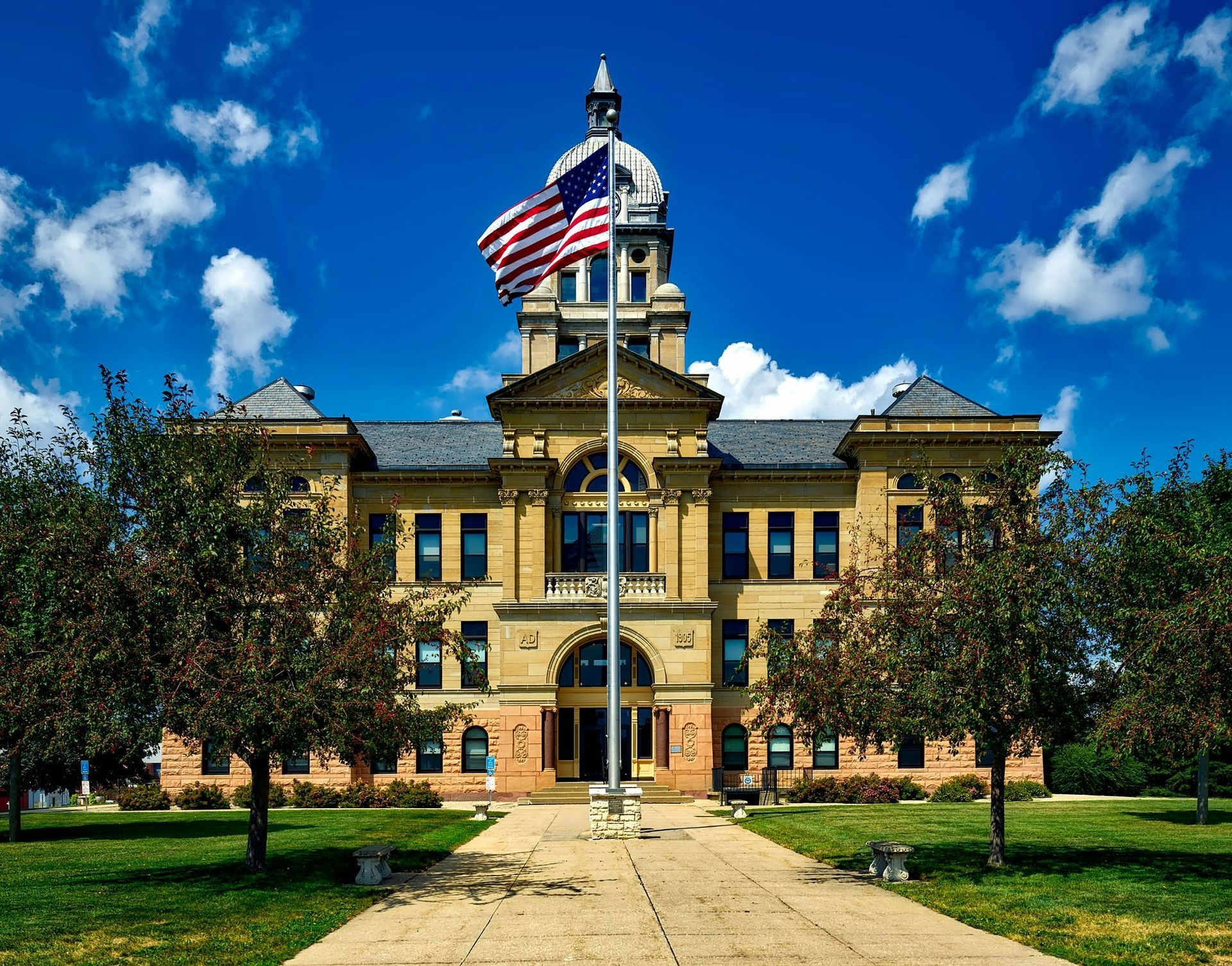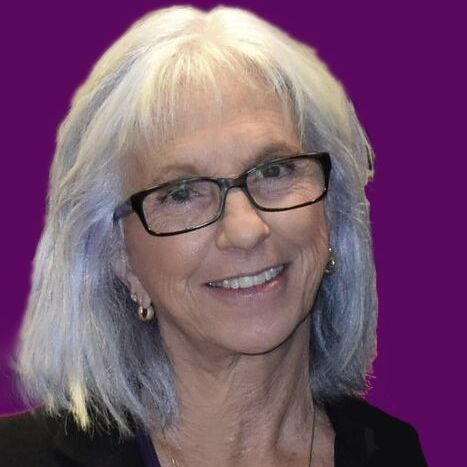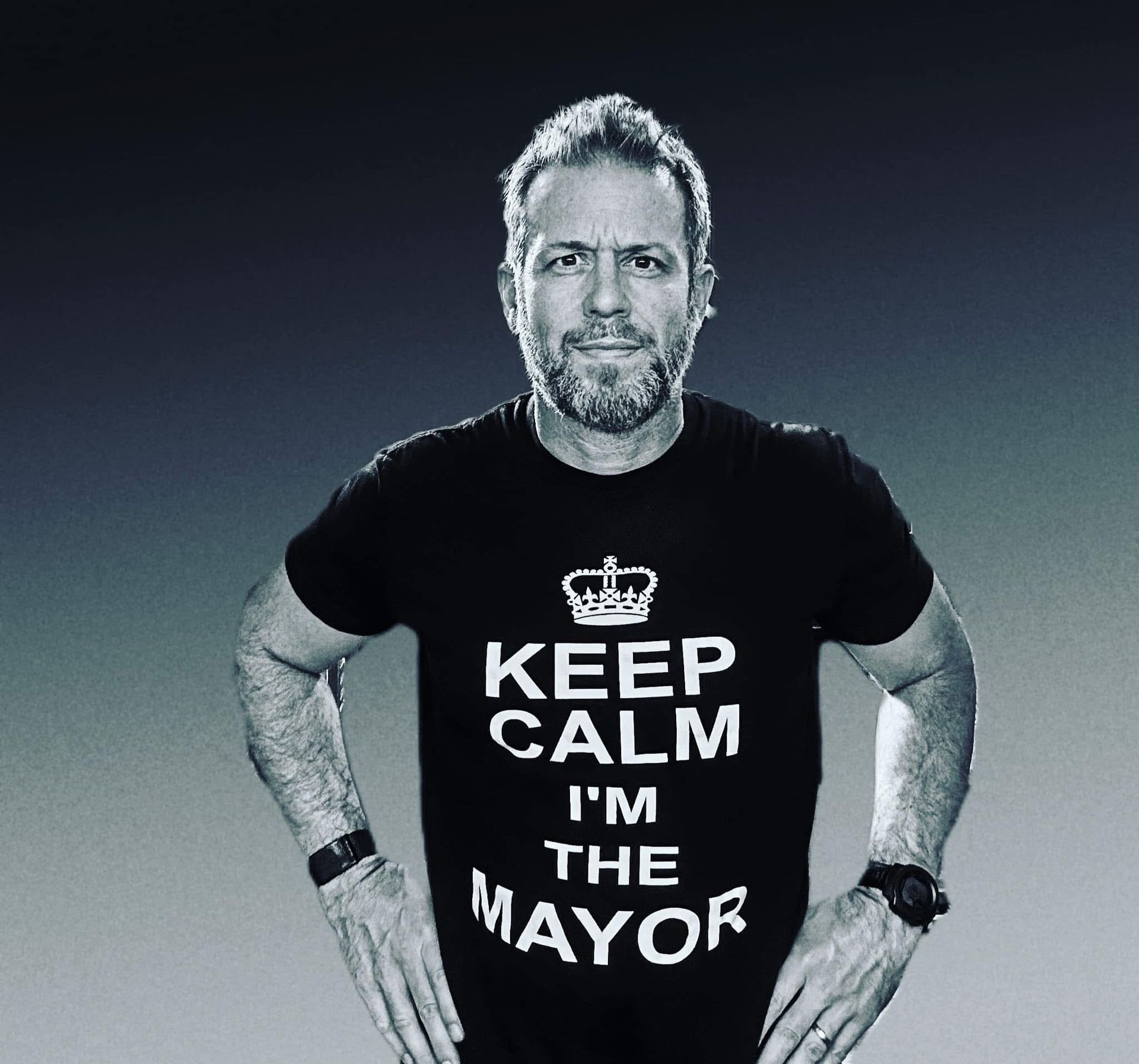Directions from Hart, MI: Inward, Outward, Forward
By Matt Lehrman
Social Prosperity partners
Opinion polls show Americans are more pessimistic about their democratic institutions than ever before, with younger voters increasingly questioning the idea and ideals of democracy itself.
I don’t blame them, and I don’t dismiss their concerns. But on this Valentine’s Day, I want to share a more optimistic view of American democracy than you might see on cable news or TikTok.
Last month I visited Hart, Michigan, engaged to facilitate strategic planning sessions with the City Council and local families. What I experienced in Hart not only reaffirms my faith in democracy, it offers a great example of leaders looking inward and outward to move their community forward.
INWARD, OUTWARD & FORWARD
These words are directions for a journey, three steps in a successful strategic planning process.
- INWARD — Successful collaboration begins with a respect and appreciation for each community leader’s unique abilities, knowledge and life experience. So before visiting Hart, I invited City Council members to take a
workplace personality assessment to be shared later with the group. I admire the courage it takes to open up in this way, to be vulnerable, and I’m always amazed by the insights gained. By candidly exploring their unique leadership styles, Council members showed their commitment to improving their group dynamic and decision making.
- OUTWARD — In partnership with the local school district, Council members met with a cross-section of residents, including several middle and high school students, to talk about their hopes and concerns for the future of their small rural city. I was especially impressed with the teenagers who schooled Council members on social media and talked about the importance of community organizations such as
4-H. I love facilitating this kind of conversation, where leaders are willing to listen and learn more than they talk and explain.
- FORWARD — At the end of the weekend, Council members pulled together everything they had learned in a strategic planning session focused on long-term goals for improving life in their community, while taking care to preserve the things people said they loved about Hart in the present.
Some of the issues discussed, including education and affordable housing, are part of the national political debate. But while I heard many different ideas and concerns from Hart residents and Council members, their conversations didn’t descend into anger, bickering or partisan cheerleading. No dwelling on the “red-blue” divide. Just concerned citizens joining together and working to make their community better.
Truly heartening.
Matt Lehrman on How (Not) to Ask for Input
“If it’s a simple choice between two things, any answer is inevitably wrong.”
Connect with Matt:
- Email me at Matt@SocialProsperity.us.
- Follow me on Facebook, Instagram and LinkedIn.
- Learn more at SocialProsperity.us and MattLehrman.com.




CONTACT
CONNECT
Website by Right|Left Consulting & Design
© 2025 Audience Avenue LLC | Social Prosperity Partners
Skidmore College photos by Erin Covey
Fort Worth photos by the Fort Worth Portrait Project
Connect 351 photos by Krista Guenin/Krista Photography